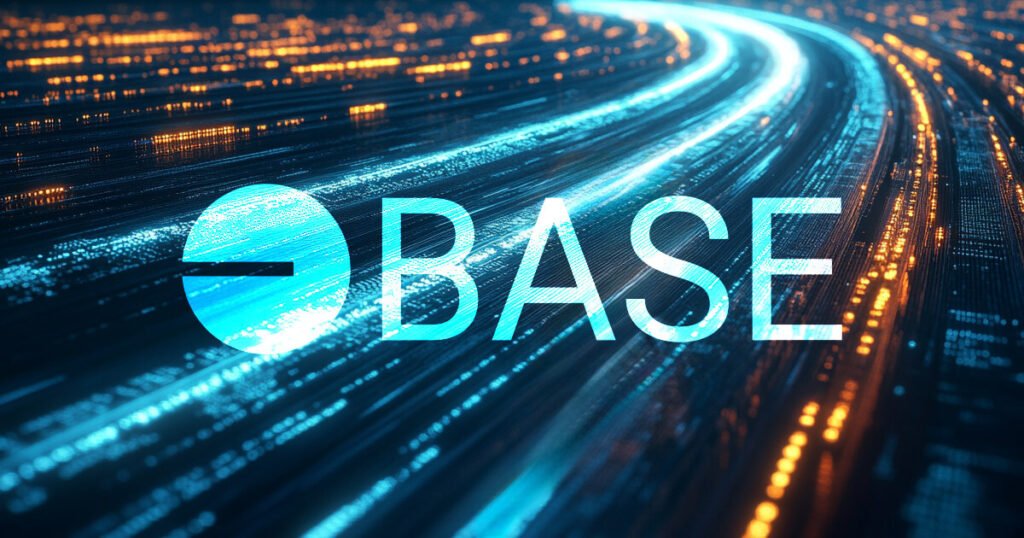Base Achieves Stage 1 Decentralization: Enhancing Blockchain Governance
Base, the innovative layer 2 blockchain, has officially reached "Stage 1 Decentralization" by implementing fault proofs and establishing a decentralized Security Council. This monumental step, announced on April 29 through a blog post, marks a significant advancement in Base’s network structure, aligning with Ethereum co-founder Vitalik Buterin’s framework for rollup decentralization. With the new mechanisms in place, Base not only enhances its operational capabilities but also positions itself as a strong contender in the increasingly competitive blockchain space.
Understanding Stage 1 Decentralization
Stage 1 Decentralization signifies an intermediate yet crucial phase in the blockchain governance journey. According to L2Beat, Base is now the tenth blockchain among 62 rollups to achieve at least Stage 1 decentralization. This stage is characterized by the presence of permissionless fault proofs, which allow network participants to propose and challenge claims about Base’s operational state. Moreover, critical upgrades for the network must receive a 75% approval rate from the Security Council, which consists of representatives from Base, Optimism, and ten independent entities across multiple jurisdictions. This shift from a centralized operator model enhances the reliability of the network by reducing dependence on single entities for verifying its state.
The Role of Fault Proofs
Fault proofs are integral to Base’s decentralization strategy, having first been deployed on its mainnet in October 2024. Collaborative efforts with Optimism have facilitated the adoption of the OP Stack Fault Proof System, enabling users to withdraw funds from Base to the Ethereum mainnet without requiring permission from centralized operators. This permissionless withdrawal process ensures that the network remains transparent and accessible. Additionally, the open challenge mechanism introduced alongside the fault proofs allows participants to correct erroneous or fraudulent claims about the blockchain state, thereby bolstering the network’s integrity and trustworthiness.
Introducing the Security Council
A pivotal feature of Base’s Stage 1 Decentralization is the establishment of the Security Council, which is tasked with overseeing smart contract changes. This council is composed of independent organizations, ensuring a diverse range of stakeholders govern network upgrades. The necessity for a consensus among these participants adds a layer of protection, preventing any entity from unilaterally executing changes that could jeopardize the network’s health. By distributing operational authority among a broader group, Base enhances its governance structure, making it resilient to potential vulnerabilities or adversarial actions.
Moving Towards Complete Decentralization
Base’s ambitions extend beyond Stage 1, with plans to achieve complete decentralization in future phases. The next objective includes deploying multiple proof systems to fortify security and further decentralize validation processes. Among the possibilities being explored are zero-knowledge-based fault-proof systems, which would work hand in hand with existing optimistic proofs. This diversification of verification mechanisms is essential for ensuring the long-term sustainability of the network while also inviting wider participation from different stakeholders.
Goals for Stage 2 Decentralization
Looking ahead, Base aims for Stage 2 Decentralization, a stage where no group of actors can alter the state root except through predetermined protocols designed for addressing bugs. Achieving this level of decentralization represents a step toward greater autonomy and resilience, significantly mitigating risks associated with centralized control. By empowering the Security Council with the necessary tools for fault detection and adjudication, Base intends to create a self-governing ecosystem that not only meets current demands but also adapts to future challenges.
Conclusion
In summary, Base’s achievement of Stage 1 Decentralization marks a critical milestone in the evolution of blockchain governance. With the introduction of fault proofs and the establishment of a decentralized Security Council, Base is well on its way to building a transparent and resilient network. As it continues to explore new technologies and governance models, Base is poised to redefine the standards of decentralization in the blockchain landscape, enhancing its appeal to developers and users alike. The journey towards complete decentralization promises greater security, operational integrity, and inclusivity in the rapidly evolving world of blockchain technology.

















